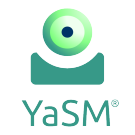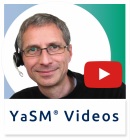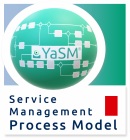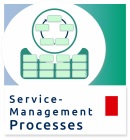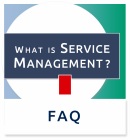ISO 20000 - 2018
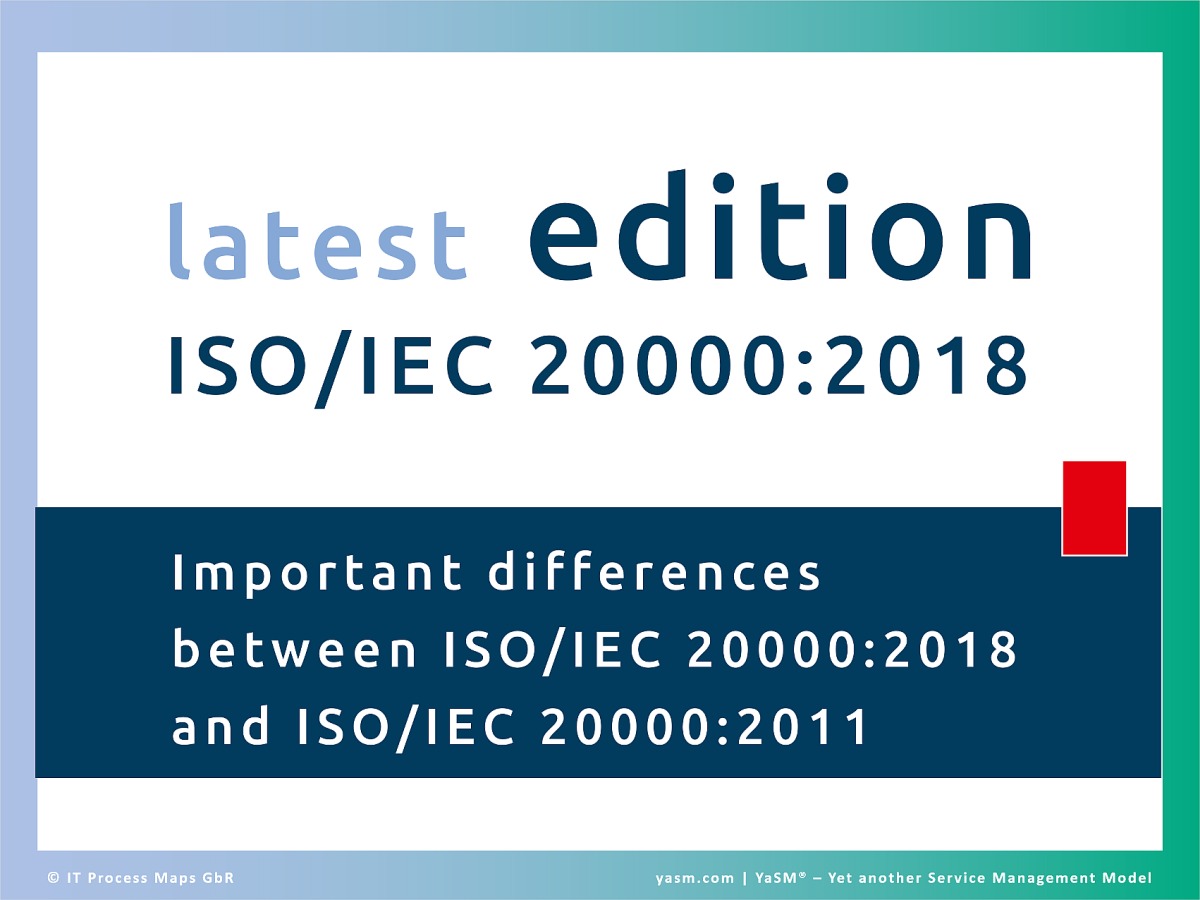
Comparison of version ISO/IEC 20000-1:2018) with the previous ISO 20000 edition.
A new edition of ISO 20000 was published on 15 September 2018. ISO/IEC 20000-1:2018 is a completely revised version of the international service management standard, ISO/IEC 20000:2011.
With the update of the standard, new requirements have been introduced in ISO 20000:2018 (for example in the areas of service planning and delivery), some content has been removed (such as references to the 'PDCA' methodology), and several clauses have been rephrased in the latest edition of ISO 20000 to be more generic.
- What are the key differences between the latest edition of ISO 20000-1:2018 and the previous 2011 version?
- How are service providers affected by the new or updated requirements?
ISO 20000 in brief
ISO/IEC 20000 is the international standard for service management, applicable to all service providers, regardless of type, size and nature of the services delivered.
Part 1 of ISO/IEC 20000 (ISO/IEC 20000-1) specifies requirements for "establishing, implementing, maintaining and continually improving a service management system (SMS)". These are the mandatory requirements which must be fulfilled by organizations to be compliant with the ISO 20000 standard.
The standard was first published in 2005 and subsequently updated in 2011.
A third, completely revised version of the standard (referred to as ISO/IEC 20000-1:2018) was released on 15 September 2018.
Main differences in ISO 20000:2018
The main differences between ISO/IEC 20000:2018, Part 1 and the previous 2011 edition are as follows:
- A new high-level document structure has been introduced in line with other management system standards, making it easier for organizations to comply with several standards such as ISO 9001 (Quality Management) or ISO 27001 (Information Security Management).
- Terms and definitions have been revised to include terms specific to management system standards. A reference has been added to the terms and definitions given in ISO/IEC 20000-10.
- Clauses have been revised or added to take into account the growing trends in service management, such as commoditized services and the management of multiple service providers by a service integrator.
- Some detail has been removed to allow organizations more flexibility in fulfilling the requirements.
- An explicit requirement to "establish, implement, maintain and continually improve a service management system (SMS)" has been introduced.
- References to the "PDCA" ("Plan-Do-Check-Act") methodology have been deleted because many improvement methods can be used with management system standards.
- New requirements for context of the organization and actions to address risks and opportunities have been added.
- Requirements for documented information, resources, competence and awareness have been updated.
- Additional requirements for service planning, knowledge, asset management, demand management and service delivery have been inserted.
- Requirements for incident management and service request management have been separated out into two sets of requirements.
Differences in detail
The table below provides a detailed account of the changes between the latest edition of ISO 20000:2018, Part 1 and the previous 2011 version. [1]
| ISO/IEC 20000-1:2018 section | Changes to the previous 2011 edition (ISO/IEC 20000-1:2011) |
|---|---|
| Sections 1 - 3 |
The first three sections of ISO 20000:2018, Part 1 do not contain requirements which must be fulfilled. Section 1 outlines the standard's intended use and applicability. Section 2 lists normative references (no normative references are cited at this point in time). Section 3 contains terms and definitions. |
| 4 Context of the organization |
|
| 5 Leadership |
|
| 6 Planning |
|
| 7 Support of the service management system |
|
| 8 Operation of the service management system | |
| 8.1 Operational planning and control |
|
| 8.2 Service portfolio |
|
| 8.3 Relationship and agreement |
|
| 8.4 Supply and demand |
|
| 8.5 Service design, build and transition |
|
| 8.6 Resolution and fulfilment |
|
| 8.7 Service assurance |
|
| 9 Performance evaluation |
|
| 10 Improvement |
|
Transition from ISO 20000-1:2011 to the 2018 edition
Following the release of ISO 20000:2018, organizations will have to transition their certificates to the latest 2018 edition of the standard. The International Accreditation Forum (IAF) has set the following transition periods and rules:
- 30 September 2018: Organizations may choose to get certified against the 2018 edition from this date. Certifications against the 2011 edition are still acceptable.
- 31 March 2020: All new certifications and re-certifications must be to ISO 20000-1:2018 after this date.
- 29 September 2021: End of the transition period. All existing certificates must be transitioned to ISO 20000-1:2018 before this date. Certificates to the 2011 edition become invalid.
Please note: These transition periods and rules have been set by the International Accreditation Forum (IAF). National accreditation bodies may choose to set slightly different rules - please consult your auditor to find out the precise rules applicable to your organization.
References and Links
- [ISO, 2011] International Organization for Standardization: ISO/IEC 20000-1:2011, Information technology - Service management - Part 1: Service management system requirements. - Geneva, Switzerland, April 2011.
- [ISO, 2018] International Organization for Standardization: ISO/IEC 20000-1:2018, Information technology - Service management - Part 1: Service management system requirements. - Geneva, Switzerland, September 2018.
- [APMG, 2018] ISO/IEC 20000 - Update Following International Standards Meeting. - APMG Blog. Last accessed September 23, 2019.
Learn more about the ISO20000 standard in the following sections:
- What is ISO 20000?
- FAQ: ISO 20000 certification
- Use cases: How the YaSM model supports your ISO 20000 project
- How YaSM relates to ISO 20000
- The YaSM - ISO 20000 Bridge
Notes
[1] ISO/IEC 20000:2018 is a completely revised version of the previous edition. Therefore, it is not possible to provide a simple and complete list of the changes. The information provided here should be seen as our best effort to explain how ISO 20000 has changed.
Is based on: The YaSM - ISO 20000 Bridge.
By: Stefan Kempter ![]() and Andrea Kempter
and Andrea Kempter ![]() , IT Process Maps.
, IT Process Maps.
ISO 20000 in brief › Main differences in ISO 20000:2018 › Differences in detail › Transition rules

